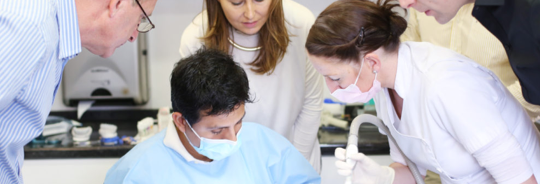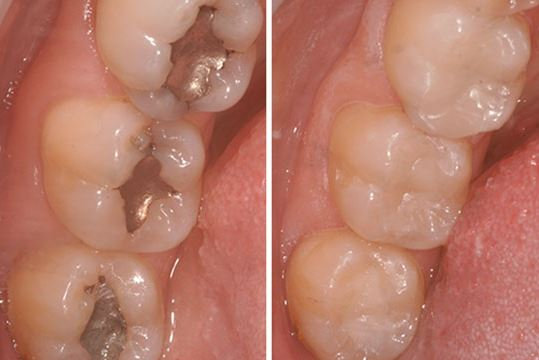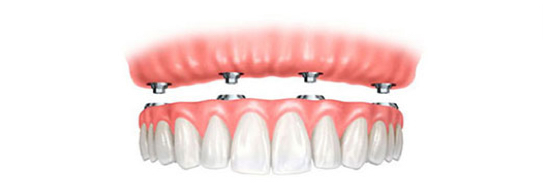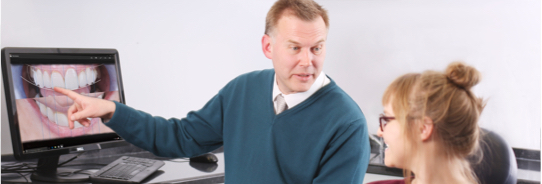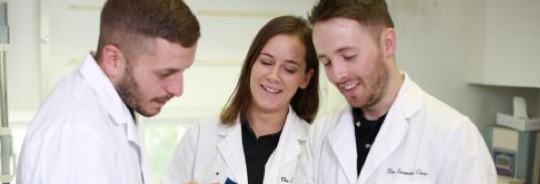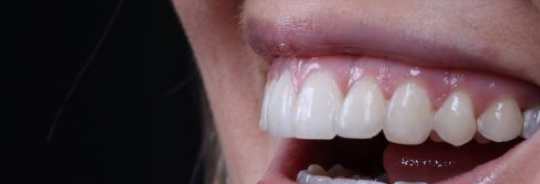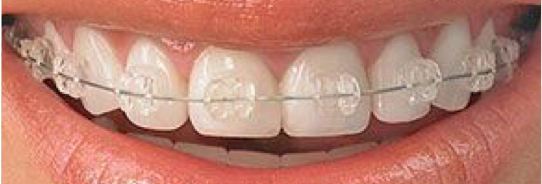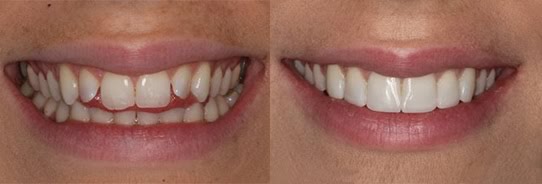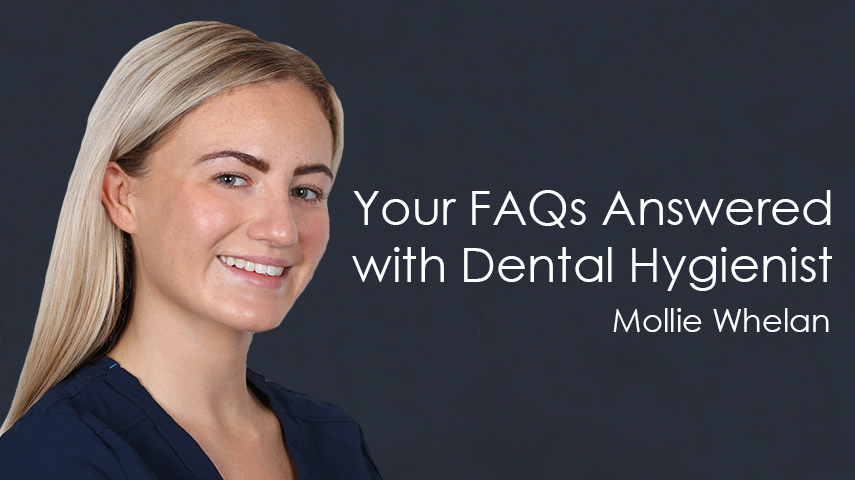Excellent oral health is more important than ever. It helps keep a smile looking great but it also plays a significant role in our overall well-being. Surprisingly, dental issues can have far-reaching consequences beyond our mouths. Patients who suffer from gum disease may need more intensive treatment following a regular check-up with a hygienist. Gum disease can become more severe during pregnancy, meaning it's crucial that pregnant women arrange more regular visits throughout their pregnancy. Evidence has linked gum disease with heart disease and low birth weight in newborn babies.
What is a hygienist?
Dental hygienists are skilled dental professionals who are highly trained to give advice and to help you maintain optimal oral health. Your hygienist will remove plaque, stains & bacteria from your mouth which can put your teeth and health at risk... Typically by seeing the hygienist regularly you will need fewer fillings, your teeth will last longer and your overall health will be improved. We also have some of the best hygienists around so they should be pleasant to visit as well!

What is gum disease?
Gum disease (periodontitis) is a leading cause of tooth loss and is prevalent in up to 90% of the population to some degree. Gum disease occurs when bacteria on the teeth and around the gums begin to cause damage to the gum tissues and supporting structures of the teeth. The teeth are attached to the bone by fibres in the periodontal ligament, which in turn is protected by the gum. Severe gum disease can destroy the gum, the periodontal ligament and eventually lead to tooth loss. As plaque builds up around the teeth, hard deposits (known as tartar) can cause inflammation and bleeding of the gum tissues. The gum becomes looser around the teeth, allowing plaque, tartar and bacteria to build up beneath the gum to form pockets, which attack the periodontal ligament and bone which support the tooth. Some people are more susceptible to gum disease than others, with it being more difficult to treat in smokers.
How do I know if I have gum disease?
Obvious signs to look out for are bleeding gums, bad breath and discomfort. At a more advanced stage, gum disease can cause teeth to feel quite loose. More often than not, people are unaware that they have gum disease and it may only be detected at a dental examination. This is why regular dental appointments are so important as gum disease can be detected and treated early.
How can gum disease be treated?
Treatment of gum disease involves a dentist or hygienist cleaning tartar build ups from around the teeth and gums. This enables the pockets to heal and the gum to become healthy.This initial treatment can help control gum disease, but it is vital to keep your gums in a healthy condition by using a good tooth brushing technique twice a day and rinse with mouthwash. Arranging regular check-ups with your hygienist every 6 months will help maintain a healthy gum.
Why is Fluoride Important?
Fluoride is present in most toothpastes but the ones dental hygienists use is the best in the business... This high strength fluoride varnish helps strengthen & remineralise your teeth which can help prevent tooth decay & sensitivity. The best time to have fluoride applied is immediately after a dental cleaning. That is the time when there is no biofilm of bacterial present and so the fluoride penetrates the surface of the tooth for maximum benefit.
How is it different to toothpaste?
It is much stronger than a toothpaste ever could be & is applied professionally. It also sticks around alot longer allowing it to have a far greater effect. Studies prove that professional fluoride application at each visit helps prevent cavities and make teeth, veneers crowns and fillings last longer.. Happily we have a range of great tasting flavours available so not only is your mouth more protected than ever but it tastes good too..
Free Fluoride to Children Under 12
We're now offering free fluoride to children under the age of 12 when they have a hygiene appointment!



